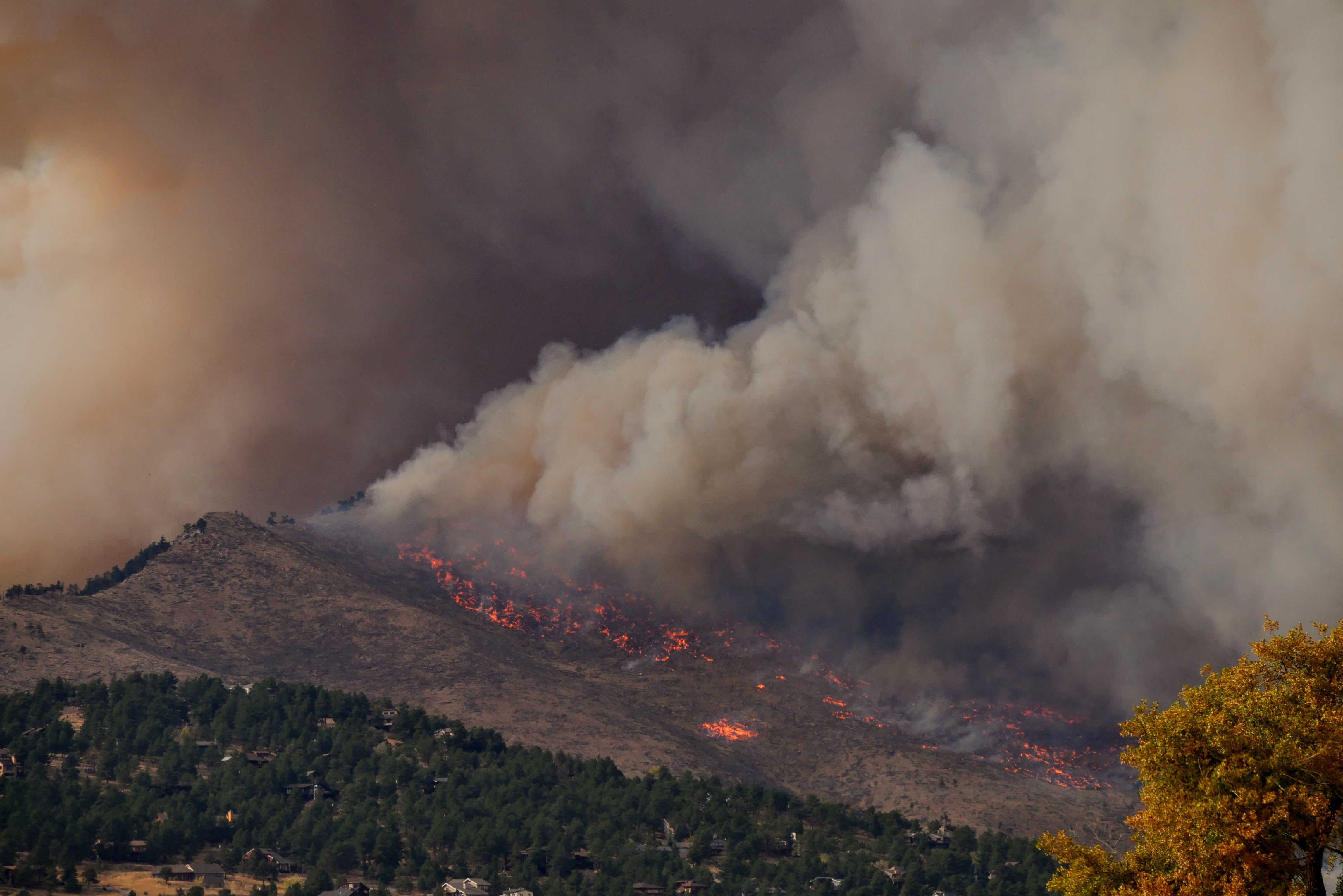News release
From:
- Ashes to splashes – Ash from wildfires may fuel a boom of marine microbial life in coastal ecosystems. Ash leached into seawater following California's Thomas Wildfire in December 2017 resulted in the addition of key nutrients, such as nitrogen, carbon, and silicic acid, to the coastal waters. These nutrients promote the growth of a diverse range of phytoplankton and microbes, fueling ecosystem productivity. Proceedings B
Food for all? Wildfire ash fuels growth of diverse eukaryotic plankton
Proceedings of the Royal Society B: Biological Sciences
Summary: In December 2017, one of the largest wildfires in California history, the Thomas Fire, created a large smoke and ash plume that extended over the Pacific Ocean. Despite significant research on wildfire effects in terrestrial systems, the impacts of these events on marine ecosystems have rarely been considered. In this study, we found that wildfire ash deposition can add significant amounts of nutrients to seawater and fuel the growth of a diverse assemblage of phytoplankton and other microbes. These results indicate wildfires may deliver key nutrients to marine ecosystems globally especially as large wildfires are occurring more frequently.



 International
International



